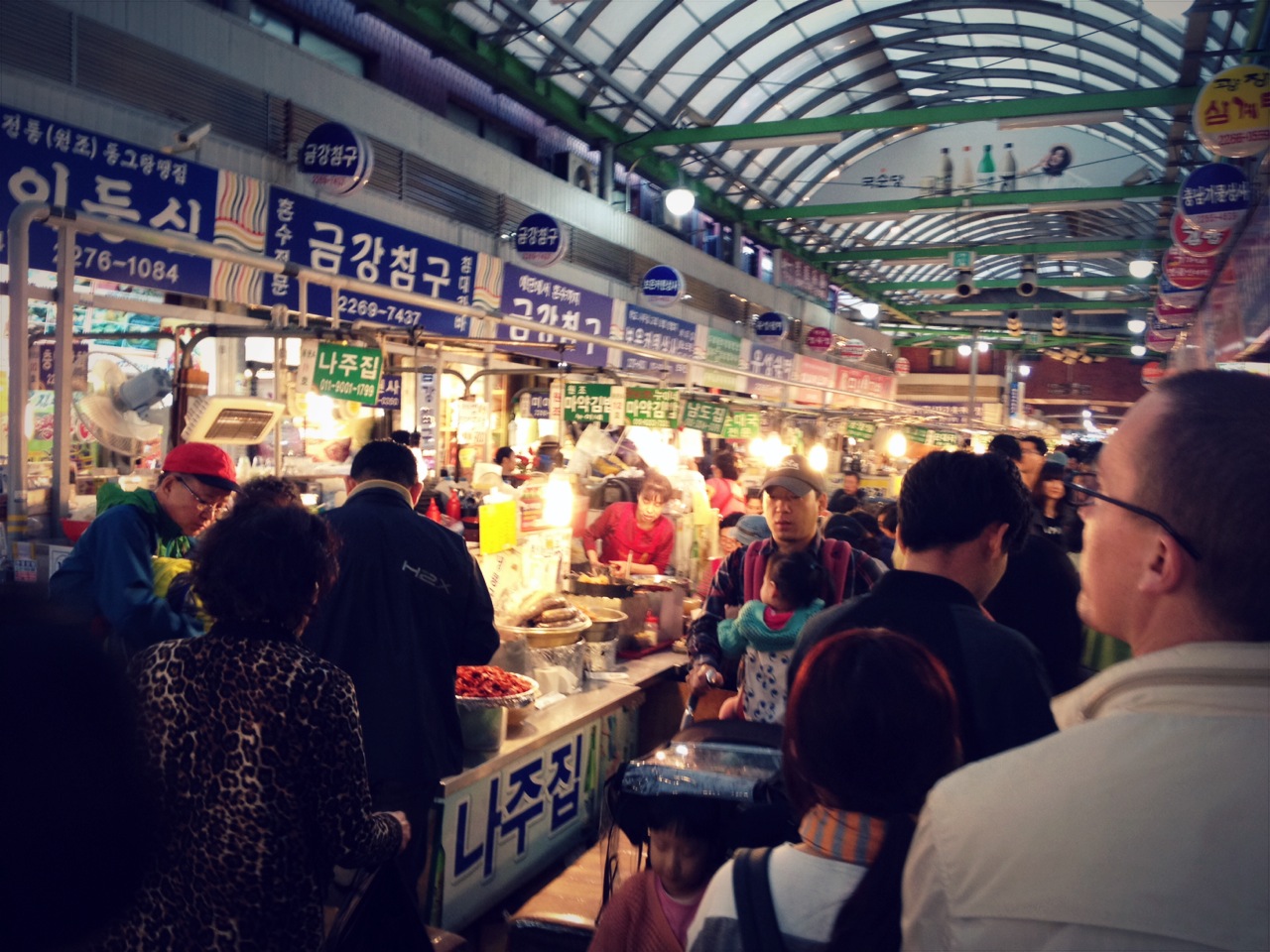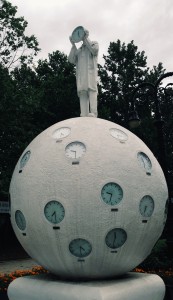
Blend Me Not
How long does it take for an expat to settle in South Korea?
 Well, that depends. As a Korean American, it has taken me 10 months, more or less. Even so, I might still be transitioning. Yes, it is trite, but time does seem to fly here. I attribute the arbitrary pace partly to the very distinct seasons, and consequently, how the year is divided into convenient quarters. Otherwise, you’re preoccupied with your commute routes, KaKao messages, and how seemingly endless the little things that surprise you in another country are.
Well, that depends. As a Korean American, it has taken me 10 months, more or less. Even so, I might still be transitioning. Yes, it is trite, but time does seem to fly here. I attribute the arbitrary pace partly to the very distinct seasons, and consequently, how the year is divided into convenient quarters. Otherwise, you’re preoccupied with your commute routes, KaKao messages, and how seemingly endless the little things that surprise you in another country are.
As I mentioned, I arrived in the motherland May last year. I came elated and jet-lagged, with a Korean face and a Korean last name to start teaching at an English academy with an F-4 visa. Needless to mention the confusion of my students when I told them that I was American and I was to be their “native teacher,” the most frequent first exchange was a bow from the Korean staff and the native teachers asking me after our initial introduction if I was fluent in Korean.
I am fluent in conversational Korean because my parents made me speak it as I grew up in California. While that helped me navigate my way around here, knowing the language didn’t alleviate the discomfort of culture shock much. Having been raised in a first-generation Korean immigrant household, I felt that I had plenty of exposure to the culture before coming to Korea. During the first couple of months in Seoul, for reasons I couldn’t pinpoint then, I felt aloof. Meanwhile, no one here singled me out until I spoke English or was reading Paulo Coelho in the subway.
English teacher by day and a vagabond by night, here are some observations I made about a concentrated region of Korea, namely Seoul. The disclaimer before you continue reading is that this does not reflect Korea as a whole and that it is simply an arbitrary inspection.
 With that said, there is a certain “trendiness” about Seoul: the fashion, the eateries, the vernacular, the entertainment, and the ideals. More often than not, I have seen college students with uncanny resemblance in their daytime attire sitting side-by-side on the subway, women with similar color pigments on their faces and hair, and even a loose but noticeable pattern in conversations. Of course, the homogeneity goes only as far as trends go. I wouldn’t want to alarm anybody and give off an impression that I’m suggesting a lack of individuality!
With that said, there is a certain “trendiness” about Seoul: the fashion, the eateries, the vernacular, the entertainment, and the ideals. More often than not, I have seen college students with uncanny resemblance in their daytime attire sitting side-by-side on the subway, women with similar color pigments on their faces and hair, and even a loose but noticeable pattern in conversations. Of course, the homogeneity goes only as far as trends go. I wouldn’t want to alarm anybody and give off an impression that I’m suggesting a lack of individuality!
Furthermore, a certain dichotomy exists in the social realm, whether it be in the workplace or the private sphere. I have witnessed reservation to egocentricity, especially when transportation is involved. Come rush hour, it is very common for people to literally elbow you out of the way during their entrance or exit in the subway. Reversely, some people will not budge, buried into their phones, when you’re n ow the one trying to make your way around without shoving anybody. Other times, you may be cut in line for groceries or customer service only to be tacitly walked away from when addressed.
ow the one trying to make your way around without shoving anybody. Other times, you may be cut in line for groceries or customer service only to be tacitly walked away from when addressed.
Yet, on the other side of the division, there is hospitality, not just between relations but toward strangers, and in some cases, generosity reserved specially for foreigners. Before my ARC came out, I didn’t have a working phone, so I was frequently lost. When I approached passersby for directions, some went out of their way to show me a map on their phones or stop others in the street for clarification or draw me a map. There were elders working the food stands who gave me free skewers after small talk. There’s also goodness found in subways, too. People give up their seats for children, elders, or expecting mothers, share smiles and thank you’s. Often times, being the first to approach will pave a way for conversation and questions from the other party.
Ensuing my landing in Korea, I was faced with the task of understanding the multifaceted culture of my motherland. During that time, I felt aloof because in California, my face suggested that I was from someplace else and at times, my English was scrutinized for it. Then in Korea, it wasn’t immediately apparent that I wasn’t another local, and that annoyed me. I had repeated the rookie mistake of attributing the offenses and charms directly to my environment, when most of the times, the experience boiled down to only individuals. Now, I walk the busy streets, and being here almost a year makes me adept at certain things, but when I am lost, I know it’s not in translation, but rather in the wonder of being somewhere so familiar and foreign at the same time.
